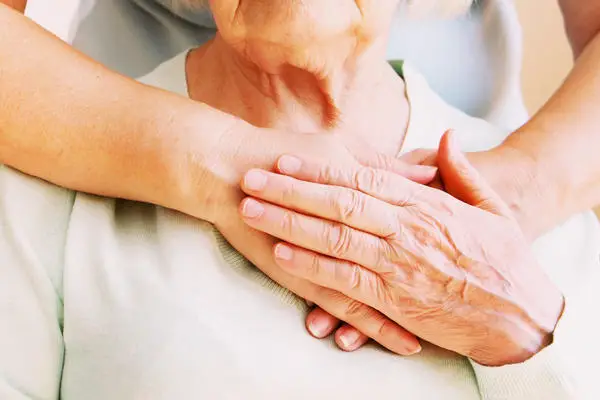
7 Tips For Helping Older Adults With Depression
As loved ones in your life begin to show signs of aging, a host of health challenges begin to present themselves. The body that took them through all their lives to date essentially starts to slow down. There are a lot of changes within the body that take a lot to adjust to, and their mental health certainly isn’t spared.
Knowing that the challenges that older adults face aren’t limited to physical ones and can go a long way, you can always look for ways to address every facet of their health challenges, significantly their quality of life.
This article will share with you some beneficial tips to help your senior loved ones deal with depression.
1. Seek Professional Help
Before you proceed with any of these home-based care tips, you could try searching for counselling in Vancouver and get professional help for your loved one.
Getting your older adult’s depression diagnosed and having medication for it assigned will make all your other efforts easier.
2. Address Their Sleeping Problems
If your senior loved one is having trouble sleeping, you should note that this has great potential to make their depression worse. This is even more true if they stay alone.
To ward off episodes of serious depression, try and ensure that they’re following a sleep schedule. For the sleep schedule to be effective, ensure too that they don’t take naps during the day as this might affect their nighttime sleep where they can really rest.
If there’s a necessary medication, make sure you keep it handy and keep them engaged in activities to try and control their sleep time.
3. Promote A Sense Of Purpose
Older adults are likely to spend their day without much to fill their time anymore. Days of a career to wake up to are probably long gone, and with that might set in loneliness and broodiness. All of this is normal for an idle mind.
So, your job is to keep their minds as busy as they need to keep from losing their sense of purpose in life. Help them explore hobbies they would be interested in taking up. Make them feel in control of things by not choosing for them as this might exacerbate the problem. They need to feel like they still have the reigns of their lives while filling their time with interesting activities and pastimes.
4. Encourage Them To Interact With Others
Humans are very social creatures, and that doesn’t change as one ages. If anything, the need to socialize increases at that age.
For your senior loved ones to feel as if they’re part of a loving community and that they aren’t alone, there’s an added need for them to visit their extended families and friends. Having an active social life like this will help them feel the warmth of a ‘family’ setting and improve their overall health, including depression.
5. Encourage Physical Activity
This one can be a lifesaver! Try and encourage your older adults to take on gentle exercises like stair climbing, walking, and other age-appropriate exercises. You may also encourage them to sign up for activities like yoga, where they can participate in groups if you want to tie this activity together with social interaction.
Exercise will help them keep in good form physically as well as emotionally. The dopamine released during exercise is a major mood booster, and you want more of that to beat depressive episodes.
6. Keep An Eye On Their Diet
It turns out that you can fight your older adult’s depression in the kitchen, or at least to a certain extent you can. Foods that are fiber-rich such as fruits and vegetables are good to keep in their diet, as well as whole and lean protein foods. When cooking vegetables, only cook them lightly. Keep sugars, starches, and unhealthy fats to a minimum.
This will help keep their health in good form as other health conditions might end up triggering their depressive episodes.
7. Entrust Them With A Chore
Is there a chore around the house that you can trust to your older adult that will give them meaningful responsibility without straining them? Something light, but that takes a bit of time at least?
Pick a chore, something like dog walking, or better yet, gift them a dog and place it under their care. If they aren’t that much into pets, find out if they’d love to grow a plant. Taking care of a plant can help lift their mood daily.
Conclusion
Knowing what to do to help alleviate the symptoms of depression and hopefully defeating it all together can be a challenge if you don’t know where to start.
Your older adults already have several health challenges, and sometimes it can be easier to get challenges for more widely accepted forms of illness in the body than it generally is to get help for seniors with depression or other mental health issues.
This article has given some of the most important tips to help you nurse your loved ones back to health from either one-time or recurring depressive episodes!